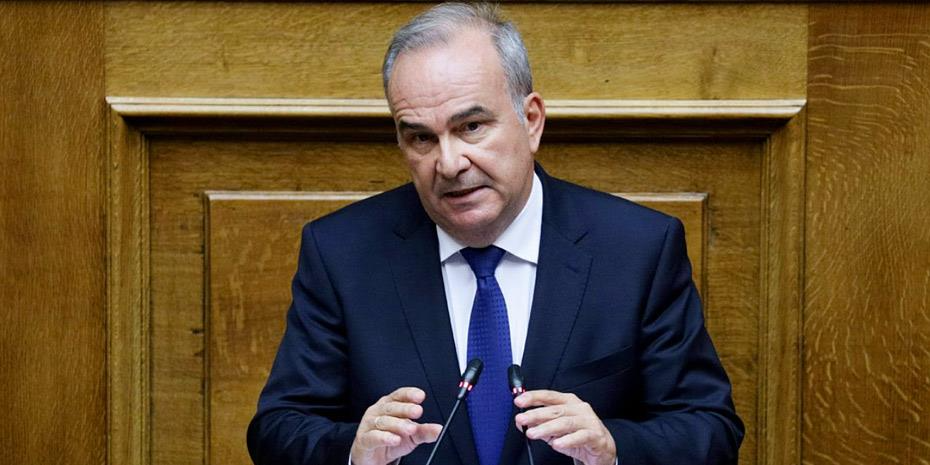
Greece has been ranked 2nd in the world in the field of best tendering procedures for public-private partnership (PPP) projects according to the World Bank's "Benchmarking Infrastructure Development 2024" report, announced the Deputy Minister of Economy and Finance, Nikos Papathanasis.
Specifically, among the criteria taken into account in the report for the ranking of countries are ensuring healthy competition, the cost-effectiveness of projects, and the transparency of the tender process.
It is also worth noting that the Public-Private Partnerships Unit of the Ministry of National Economy and Finance has developed innovative ways of financing projects. The participation of European banks (EIB, EBRD) in the financing of projects, the mix of European and private funds, and the use of financial instruments are proven best practices, highlighting our country as one of the most innovative countries in the financing of PPP projects.
STATEMENTS
The Deputy Minister of National Economy and Finance, Nikos Papathanasis, underlined: "This top position on the global map, by an international organization with the special weight of the World Bank, comes in the wake of similar positive assessments of the economy and the country in general, after 2019, by international and European institutions. It demonstrates the wisdom of the Kyriakos Mitsotakis governments' policy and is another vote of confidence for Greece. It proves that growth is not accidental but the result of the implementation of a specific plan with targeting, coordination, and hard work. It is also the best answer to the false accusations of opacity and inefficiency in tendering procedures, in this case in the public-private partnerships. Making use of every available euro, we continue to attract investment, improve infrastructure and the daily lives of our fellow citizens, but above all, create new jobs to increase incomes for all.".
The Director of the PPP Unit of the Ministry of National Economy and Finance, Nikos Sergis, said: "Public-private partnerships are one of the most effective mechanisms for the implementation of large infrastructure projects, as they combine the financial flexibility of the private sector with the social responsibility and strategic direction of the public sector. The country adopts best practices in the tendering process for these projects, which ensure speed and efficiency, providing equal opportunities for all participants. They thereby create a framework of transparency that enhances international and domestic market confidence and contributes to sustainability by attracting investors and international actors interested in contributing to large-scale development projects."






